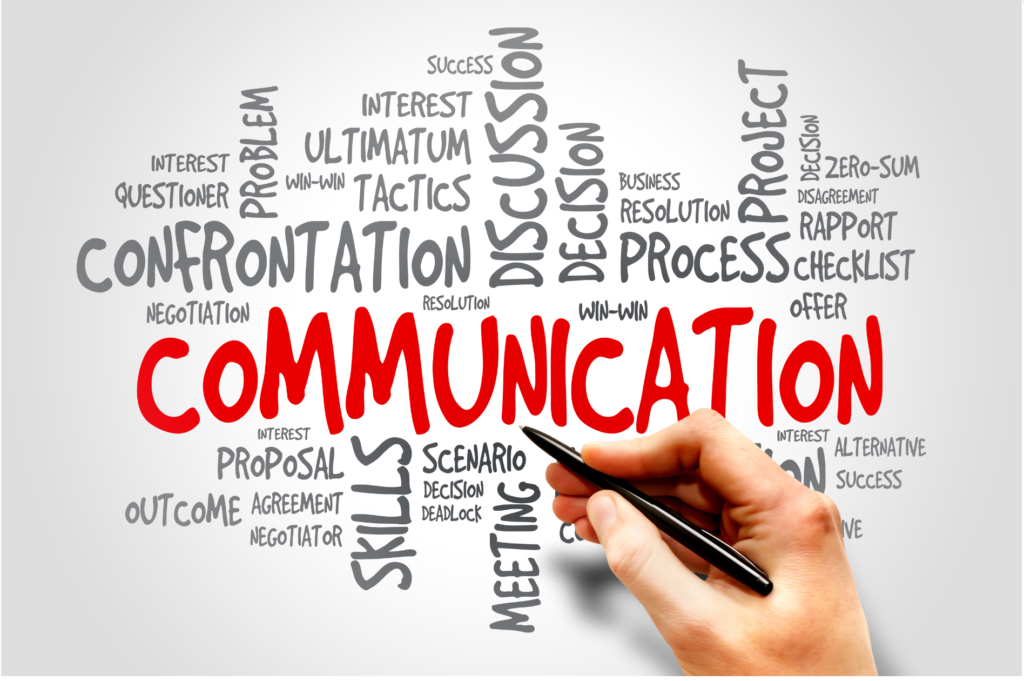
Teacher-student connections play a pivotal role in the educational journey of every student. These relationships extend beyond the mere exchange of knowledge; they can significantly impact students’ academic achievements and personal development. While numerous factors contribute to nurturing strong teacher-student connections, one that stands out is mentorship. In this article, we will delve into the profound role that mentorship plays in improving teacher-student connections and its implications for the learning process.
- Mentorship Defined
Mentorship in the context of teacher-student relationships refers to a deliberate and sustained effort by teachers to guide, support, and inspire their students beyond the traditional classroom setting. A mentor assumes the role of an advisor, confidant, and role model, fostering an environment where students feel valued, understood, and empowered.
- Fostering Trust and Rapport
One of the fundamental aspects of mentorship is building trust and rapport between teachers and students. When students have a mentor figure, they are more likely to open up about their concerns, struggles, and goals. This trust forms the foundation for a deeper connection. When teachers take an interest in their students’ well-being and aspirations, students feel heard and validated, which can positively impact their self-esteem and motivation.
- Personalized Guidance
Mentorship allows for personalized guidance tailored to individual student needs. Unlike a traditional classroom, where the teacher’s attention is divided among many students, a mentor can focus on a student’s specific strengths and weaknesses. This personalized approach helps students overcome challenges, set realistic goals, and make informed decisions about their academic and personal paths.
- Academic Support
Mentorship isn’t limited to emotional support; it also extends to academic assistance. When teachers serve as mentors, they can identify areas where students need extra help and provide the necessary resources and guidance. Whether it’s help with a difficult subject, study strategies, or career advice, a mentor can be a valuable resource for a student’s academic success.
- Character Development
Beyond academics, mentorship plays a crucial role in shaping students’ character and values. Mentors can instill important life skills such as resilience, problem-solving, and effective communication. By modeling these qualities and providing real-life examples, mentors help students become well-rounded individuals who are better equipped to face life’s challenges.
- Preventing and Resolving Conflicts
Conflict is a natural part of any relationship, including teacher-student connections. However, mentorship can serve as a means to prevent and resolve conflicts. When students feel a strong connection to their teacher-mentors, they are more likely to address concerns and misunderstandings in a respectful and constructive manner, reducing the likelihood of conflicts escalating.
- Enhancing Motivation and Engagement
Students who have mentorship experiences often exhibit higher levels of motivation and engagement in their studies. Knowing that they have someone who believes in them and cares about their success can be a powerful motivator. Mentorship can help students set ambitious goals and stay committed to achieving them.
Finally we can say that mentorship plays a pivotal role in improving teacher-student connections. It fosters trust, provides personalized guidance, offers academic support, and contributes to students’ personal and character development. These connections are not only beneficial for students but also enrich the teaching experience for educators. Mentorship creates a supportive and inclusive learning environment where students thrive academically and emotionally, setting the stage for a brighter educational future. As educators, embracing the role of mentor can lead to more profound and lasting impacts on our students’ lives.
Contact us for Guidance and Counseling:
Disha Guidance and Counseling
+91 9719146010, 05946-354582


